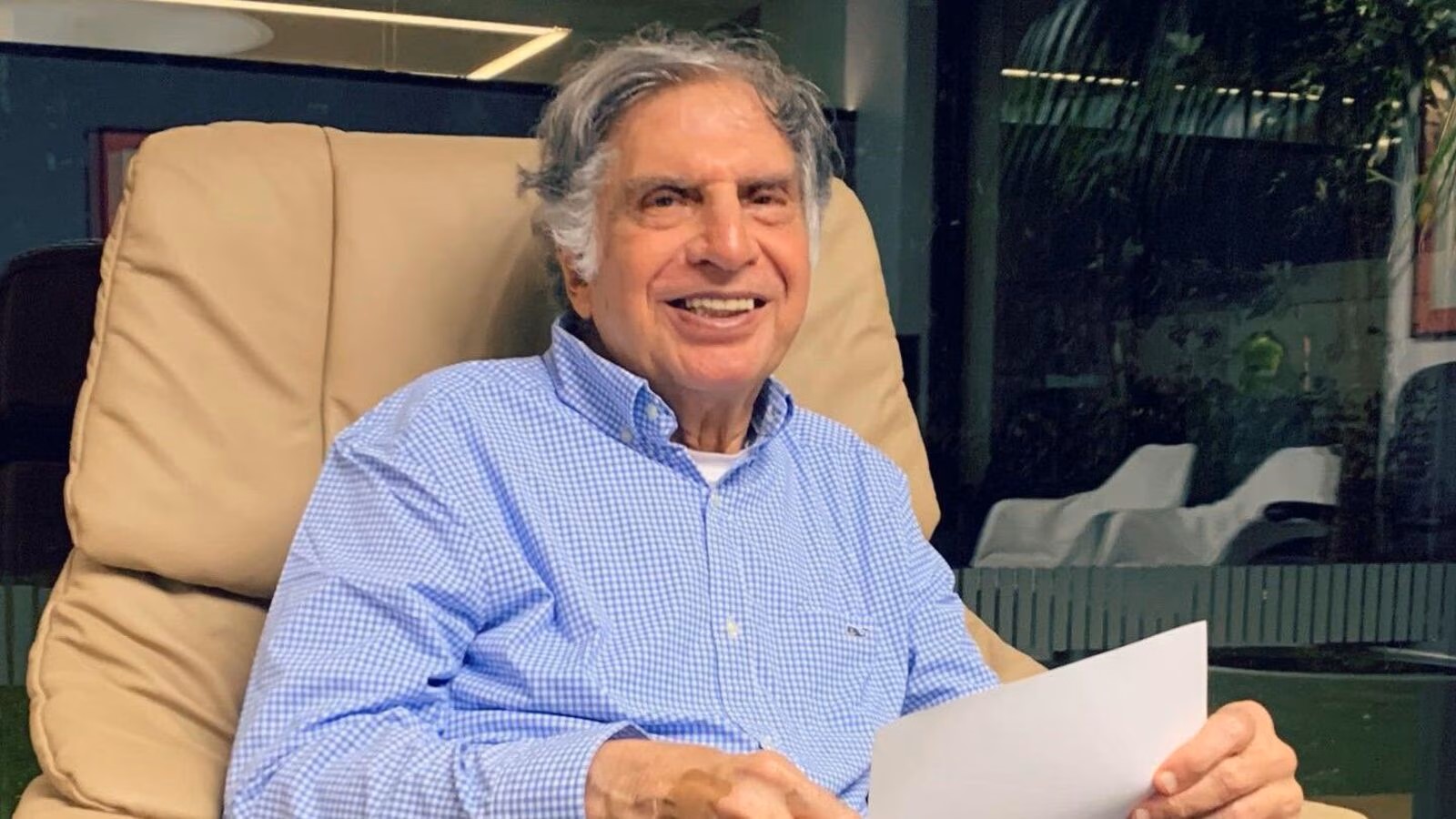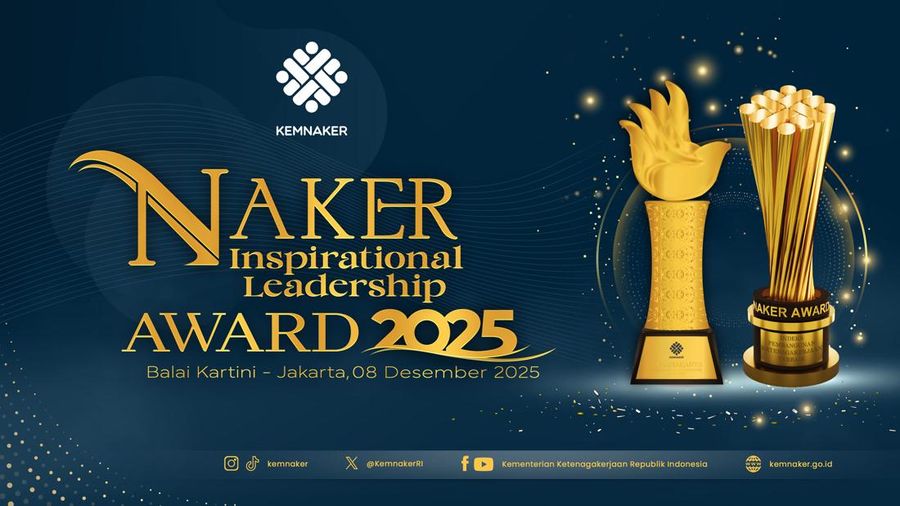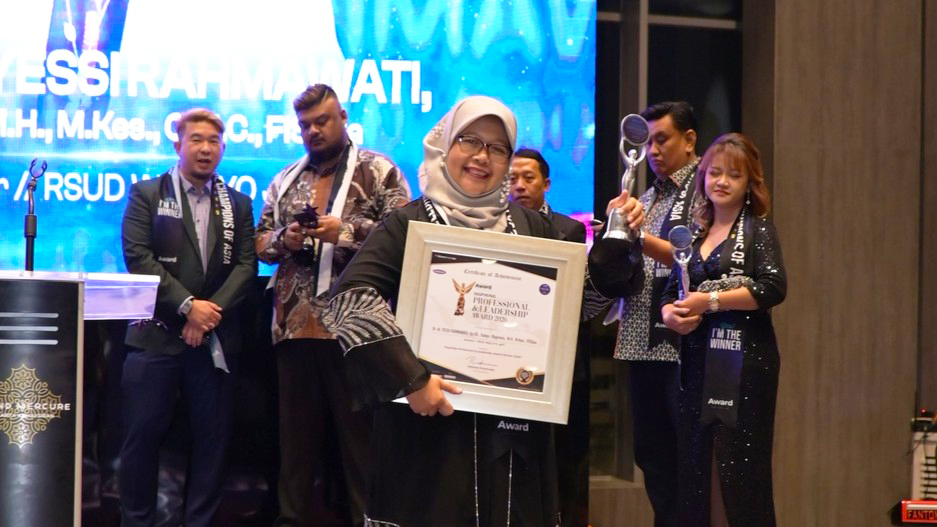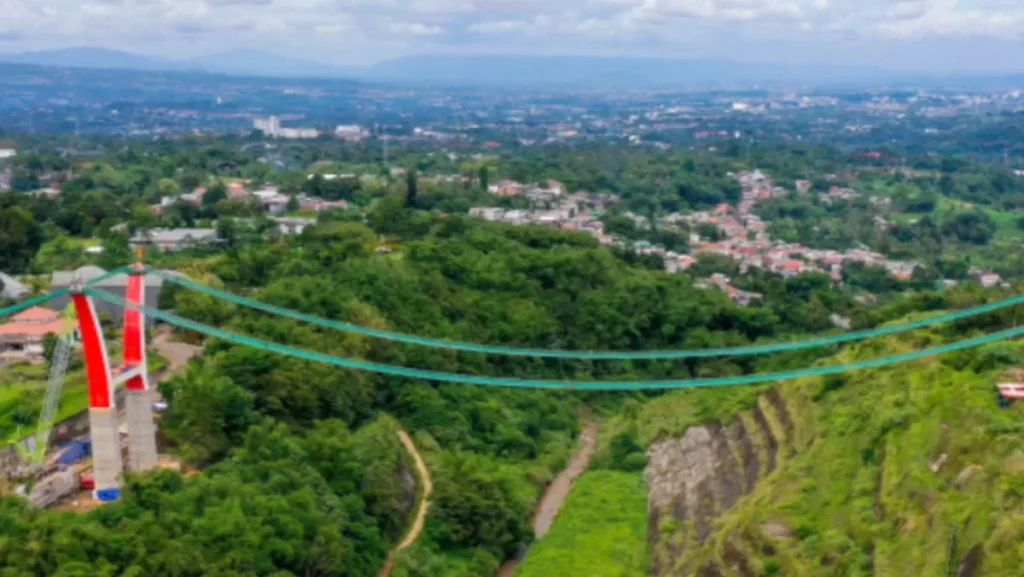Ratan Tata, one of India’s most admired business leaders and former chairman of Tata Group, has died at the age of 86. His death was announced by the Tata Group, a conglomerate that Tata transformed into a global leader over the course of more than two decades. Tata’s influence extended far beyond India’s borders, and his legacy as a visionary leader will be felt for generations to come.
Throughout his career, Tata was known for his deep commitment to ethical leadership and his belief in using business as a force for good. Under his stewardship, the Tata Group grew into one of India’s largest companies, with annual revenues exceeding $100 billion. More than just a businessman, Tata was a leader who believed in the importance of social responsibility and giving back to society.
Expanding Tata’s Global Reach
Ratan Tata’s tenure as chairman was marked by bold decisions that reshaped the Tata Group’s global footprint. He was responsible for some of the most significant acquisitions in Indian corporate history, including the takeover of British car brands Jaguar and Land Rover, the acquisition of Tetley Tea, and the purchase of Anglo-Dutch steelmaker Corus.
These acquisitions were transformative not only for the Tata Group but for Indian industry as a whole. Tata’s vision of turning an Indian company into a global leader was realized through these strategic moves, and his leadership helped establish Indian business on the global stage.
UK Business Secretary Jonathan Reynolds paid tribute to Tata, describing him as a “titan of the business world” whose leadership had a profound impact on British industry. Reynolds noted that Tata’s acquisitions of Jaguar Land Rover and Corus were instrumental in revitalizing key sectors of British manufacturing.
A Leader Guided by Principles
Ratan Tata was often described as a leader guided by principles. His leadership style was characterized by a focus on ethics, transparency, and the welfare of employees. Under his guidance, the Tata Group became a symbol of corporate social responsibility, with a strong emphasis on giving back to society. The Tata Trusts, which control a majority of the group’s shares, have been at the forefront of philanthropic efforts in India, funding initiatives in education, healthcare, and rural development.
In a 2011 profile, The Economist described Tata as “the most powerful businessman in India” while highlighting his humility and sense of duty. Despite owning less than 1% of the group’s shares, Tata’s influence was vast, and his leadership was marked by a commitment to building a company that prioritized social impact as much as financial success.
Indian Prime Minister Narendra Modi paid tribute to Tata on social media, describing him as a “visionary business leader” and “extraordinary human being.” Modi expressed his sadness at Tata’s passing, calling him a compassionate leader who had made a lasting impact on India’s economic development.
A Lifelong Dedication to Service
Born in 1937 into a traditional Parsi family, Ratan Tata’s early life was shaped by a strong sense of duty and service to others. He studied architecture and engineering at Cornell University before joining Tata Industries in 1962. Over the next several decades, he worked his way up through the ranks, holding key positions within Tata Steel, Tata Consultancy Services, and Nelco.
In 1991, Ratan Tata succeeded his uncle, JRD Tata, as chairman of the Tata Group. His appointment came at a time of significant change for India’s economy, and under his leadership, the Tata Group adapted to the challenges of globalization and liberalization. Tata’s bold vision for the future of Indian industry was realized through his expansion of the group into international markets and new industries.
Tata was awarded the Padma Vibhushan, India’s second-highest civilian honor, in 2008, in recognition of his contributions to Indian industry and his commitment to social causes.
Personal Passions and Simplicity
Though known for his business achievements, Ratan Tata was a deeply private man with personal interests that reflected his wide-ranging passions. He was an avid lover of fast cars and airplanes, and in his younger years, he often piloted his own aircraft. He also had a love for scuba diving, though he gave up the hobby later in life due to health concerns.
Tata was well-known for his love of animals, particularly dogs. In interviews, he often spoke of the emotional bond he shared with his pets, describing them as his constant companions during his busiest years. In a 2021 interview, Tata reflected on the sorrow he felt when his pets passed away, though he would always adopt new dogs to fill the void.
In 2022, a video of Tata driving a Tata Nano car went viral on social media, capturing his humility and down-to-earth nature. Despite the Nano’s commercial failure, Tata’s vision of creating an affordable car for the masses was emblematic of his commitment to innovation and social responsibility.
An Everlasting Legacy
Ratan Tata’s passing marks the end of an extraordinary life, but his legacy will endure for years to come. His vision of building a global company rooted in ethics and social responsibility has inspired generations of business leaders. Tata’s contributions to Indian industry and his philanthropic efforts will continue to impact lives, both in India and across the world. His legacy as a visionary, ethical leader will serve as a guiding light for future generations.






